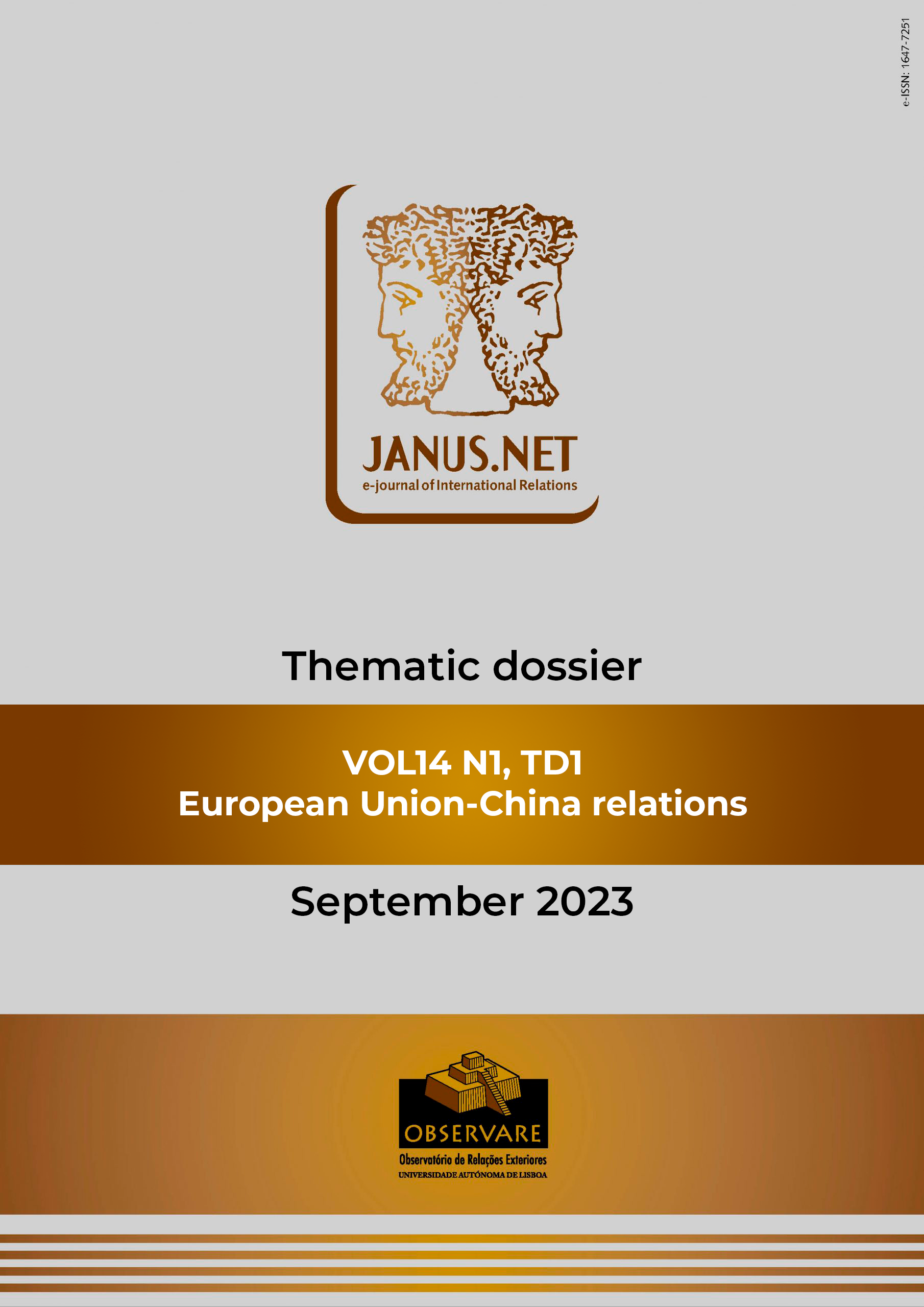Ukraine’s Westward drift has been countered by Russia’s invasion. This conflict marks a dramatic escalation of rivalry and a momentous crossroads for global security, symbolizing a clear alteration in the world’s security milieu from a unipolarity to one demarcated by a revival of Cold War competitiveness and global reconfiguration of power balance. Some political analysts view it as a manifestation of the Kremlin’s growing antipathy towards the U.S., NATO, and implicitly the EU’s post–Cold War expansionism into the erstwhile USSR’s sphere of influence. Response from the global community toward the invasion of Ukraine has been mixed: there has been an array of condemnations that is pushing the international community to a New Cold War, (re)aligning the EU, NATO, and the U.S. on a number of key issues, but many have staked a tacit, condoning stance that prioritizes the protection of their own immediate interests. Meanwhile, ideological, nuclear and economic powers such as China and India have adopted strategic ambivalence towards the invasion. China, as a member of the United Nations Security Council (UNSC), and as an alternative ideological power house, is also facing a sort of paradox with Chinese characteristics. India, as the world’s sixth largest economy and an emerging power devoted to self-reliance, has seized the opportunity to capitalize on the Russia-India-China trilateral strategic cooperation. This is significant, as, together, China and India account for more than half of all FDI-inflow to low- and middle-income countries. However, as the war wears on, the appeal of any initial constructive neutrality begins to backfire. For China, it damages its branding of peaceful options, severs its economic partnerships with the EU, and reinforces the trade-war antagonist perceptions in relation to the U.S. in light of the looming isolation of Russia. The 2024 U.S. presidential elections will likely add more uncertainty. Ultimately, this research illuminates how India and China’s involvement may impact the EU’s security. The research uses an inductive methodology and combines analyses of events, qualitative primary sources, key media references, the realism school of international relations, and it is organized as follows: (1) Introduction: The new Cold Power Play and Hot War; (2) Decoding India’s Strategic Ambivalence; (3) EU and China: Diplomatic aloofness or constructive engagement? (4) China-Russia: Paradox with Chinese Characteristics; (5) Conclusion.
UKRAINE GEOPOLITICAL EUROPEAN FLASHPOINTS VIS-À-VIS INDIA AND CHINA: FROM AMBIVALENCE TO STRATEGIC ENGAGEMENT
https://doi.org/10.26619/1647-7251.DT0123.5
FRANCISCO JOSÉ LEANDRO, ROOPINDER OBEROI
Abstract
Keywords
European Union, US-China Competition, International Relations Theory, Strategic Autonomy, Balance of Power
Artigo publicado em 2023-09-28

